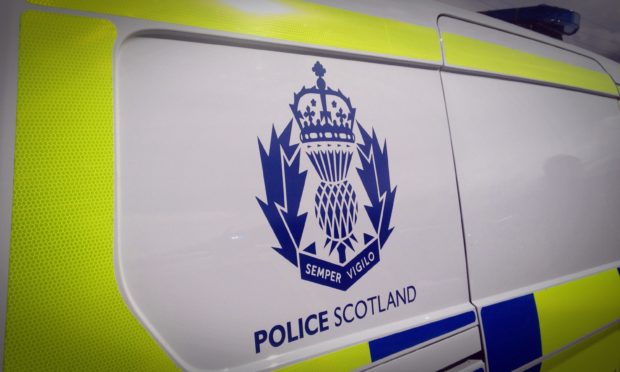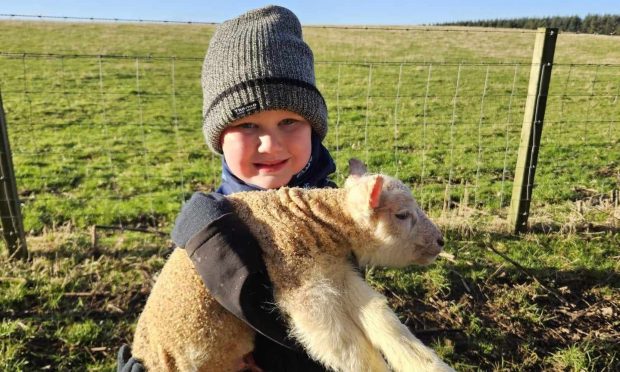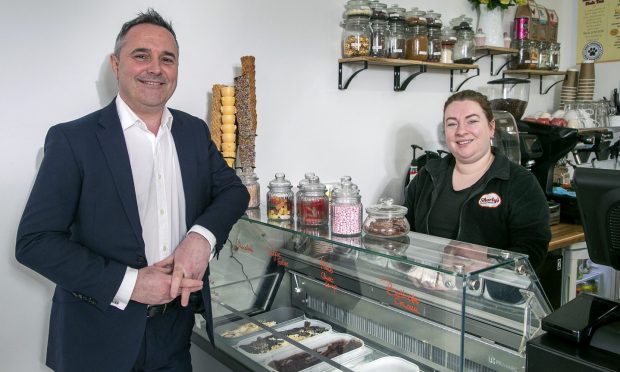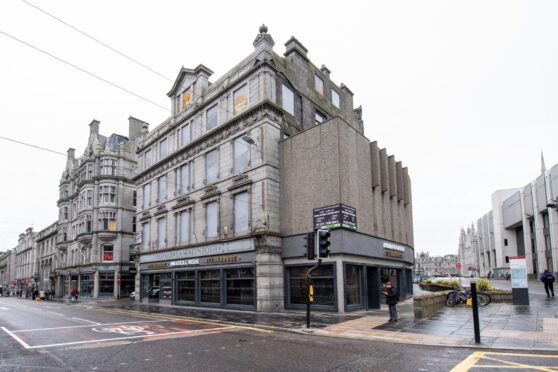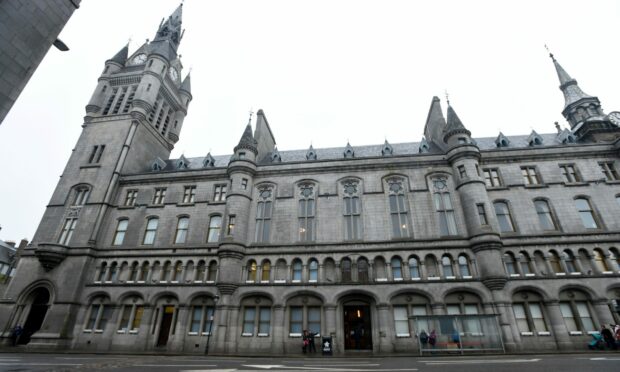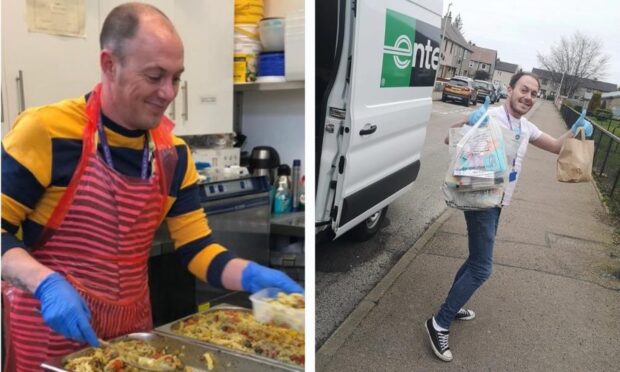Police are set to visit rural businesses in Aberdeenshire as they launch an operation to tackle human trafficking and labour exploitation.
As many urban businesses are closed due to lockdown, it is believed traffickers are diversifying and could be targeting the agriculture, fisheries and forestry sectors.
From today to Saturday 27 June, officers in Tayside, Fife, Aberdeenshire and Dumfries and Galloway, supported by colleagues from the National Human Trafficking Unit, will visit farm premises, fisheries, food processing plants and other similar businesses to speak to owners.
In addition, police will also use this to raise awareness of human trafficking and provide information as to how these industries can support police in tackling modern slavery and labour exploitation.
Chief Superintendent Campbell Thomson, Divisional Commander for Aberdeen, said: “We often associate human trafficking and modern slavery with cities and urban areas where it’s easier to hide victims of trafficking in plain sight. However, trafficking happens across all communities, both urban and rural.
“One of the emerging issues in Scotland is in relation to trafficking for labour exploitation.
“Lockdown has meant that the businesses usually associated with potential trafficking, have been closed, but traffickers are opportunists and will look elsewhere for chances to exploit people and to profit from their misery, regardless of the risks presented by coronavirus.
“We believe this may include targeting the agriculture, fisheries and forestry sectors, where there is a higher demand for labour at this time of year.
“We are acutely aware, that most businesses are ethical. No one wants to employ people who may be being exploited. Legitimate businesses will carry out due diligence but many will sub-contract the recruitment of labour and that’s where traffickers can infiltrate the supply chain into the industry.
“This is why it is important that the food production and processing businesses, farmers, forestry and fisheries, are at the forefront of identifying and tackling exploitation within their sectors.
“We want to work with them to raise awareness and to identify anyone who may be involved in trafficking and exploitation, whether as a potential victim or as a trafficker.
“The risks are significant. Potential victims of trafficking are vulnerable, they may be unaware of the risks of coronavirus or they have no other choice but to put themselves at risk of exploitation by taking whatever work is available.”
Detective Superintendent Fil Capaldi, Head of Police Scotland’s National Human Trafficking Unit, said: “The nefarious activities of human traffickers continue to pose a threat, even during this pandemic period.
“Organised crime groups will exploit any and all opportunities for financial gain, including labour exploitation and as such we are taking this opportunity to reach out to rural communities across Scotland to raise awareness of trafficking.
“Police Scotland will continue to work with our network of contacts in the UK, with international law enforcement and other agencies to rid our country of trafficking and all forms of exploitation.
“If you have any information about human trafficking or labour exploitation then please contact us via 101, or you can report anonymously via the Modern Slavery Helpline on 08000 121 700 or online via their website at
https://www.modernslaveryhelpline.org/
. Alternatively you can report anonymously at Crimestoppers on 0800 555 111.”
